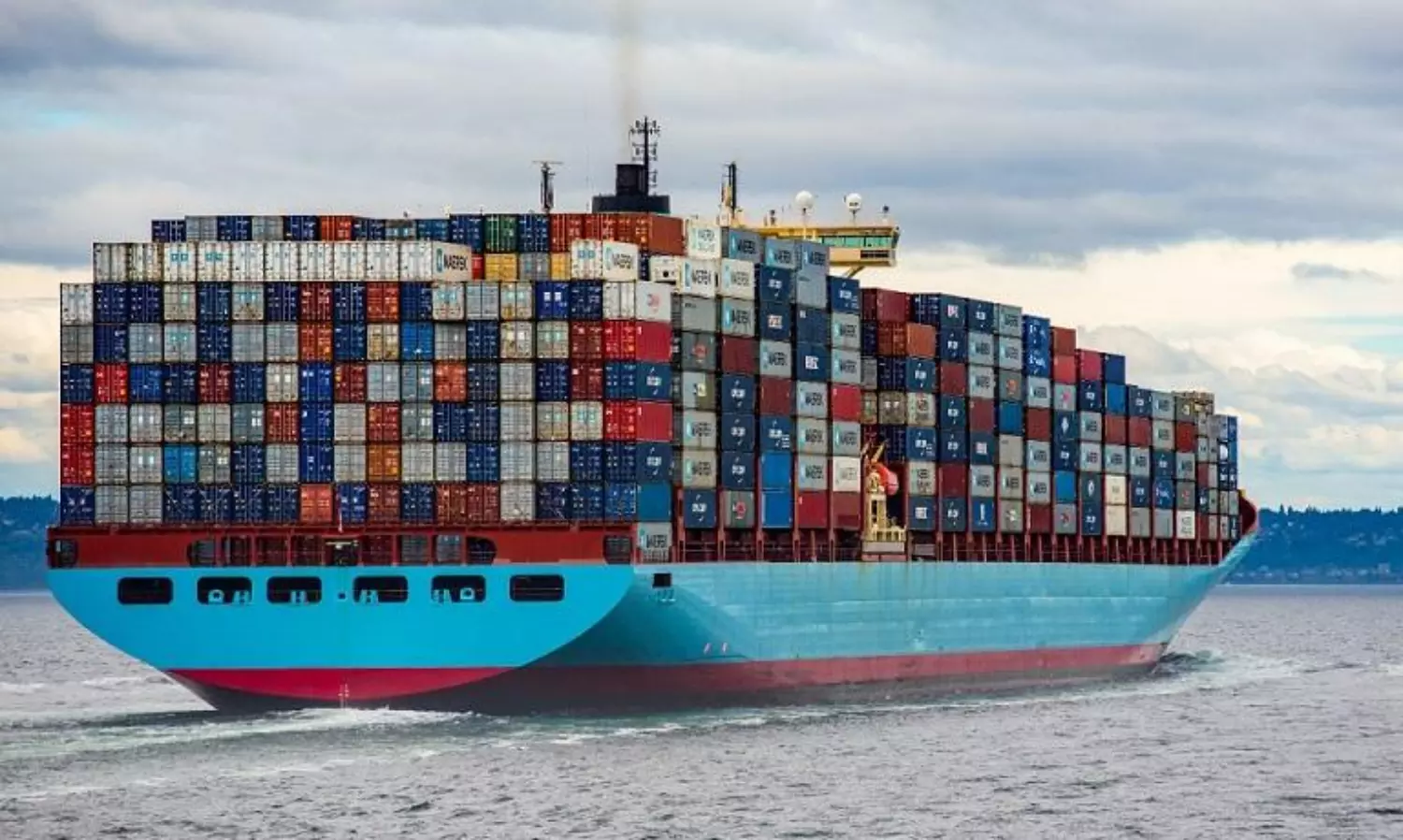Drewry says inflation hits vessel operating costs
Drewry estimates avg daily operating costs across 47 ship types & sizes rose for 5th year to $7,474 in 2022, up 2.2%

Vessel operating cost inflation has accelerated in 2022 on price pressures despite decline of Covid-19 related costs, according to the latest Ship Operating Costs Annual Review and Forecast 2022/23 report published by global shipping consultancy Drewry.
"Drewry estimates that average daily operating costs across the 47 different ship types and sizes covered in the report rose for the fifth consecutive year to reach $7,474 in 2022, a rise of 2.2 percent. This compares with a much smaller 1.3 percent increase last year and a pre-pandemic trend of flatlining or declining costs. While broader pricing pressures remain, vessel opex inflation is forecast to moderate over the medium term."
A high proportion of the 2022 opex increase was driven by lubricating oil costs, which increased 15 percent due to limited refinery supply and high oil prices. Costs also increased for marine insurance cover which rose 8 percent on average, following a 7 percent rise in 2021, driven by a hardening insurance market and higher vessel values in some sectors which pushed up H&M premiums, the report said.
"The rise in opex was driven mainly by price inflation in goods and services across the shipping sector as well as supply chain disruption induced by the Covid-19 pandemic," says Latifat Igbinosun, head of vessel opex research, Drewry. "Cost inflation was restrained last year, especially for repair and maintenance, as owners took advantage of the resumption in trade growth and rising vessel earnings to keep ships in service for longer. However, vessels returned to yards this year, pushing up costs."
Drewry is expecting downside pressure on costs to remain in those areas where vessel owners have greater control but tightening seafarer availability and ongoing decarbonisation regulations are expected to add to owners' cost burden over the medium term.
"The outlook for vessel operating costs remains uncertain, given ongoing geopolitical risks, rising inflationary pressures and deteriorating economic outlook," adds Igbinosun. "But Drewry forecasts some moderation in opex inflation as pressures on certain cost heads such as marine insurance and dry docking recede, despite the risk of rising seafarer wage costs in light of a looming officer shortage."


